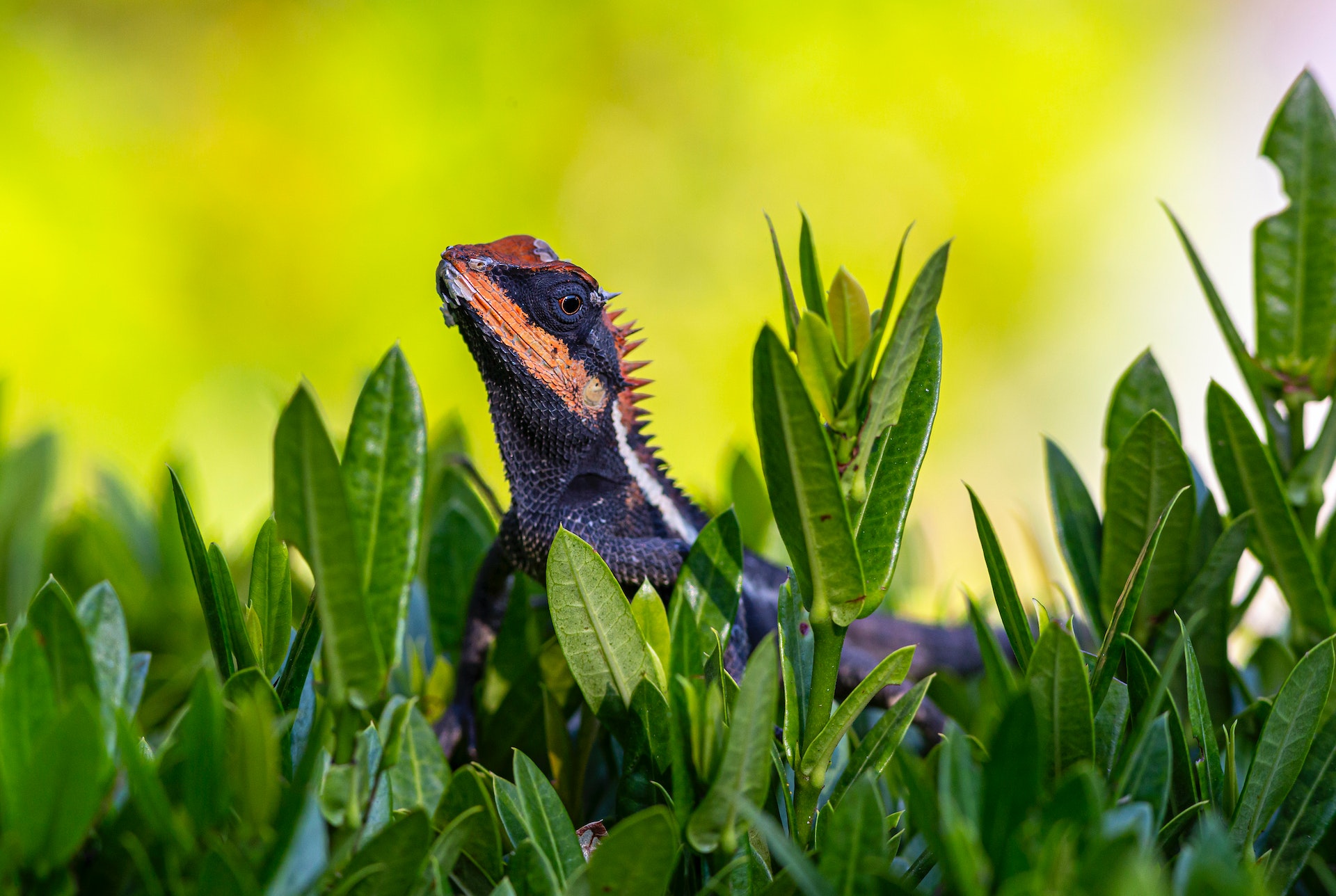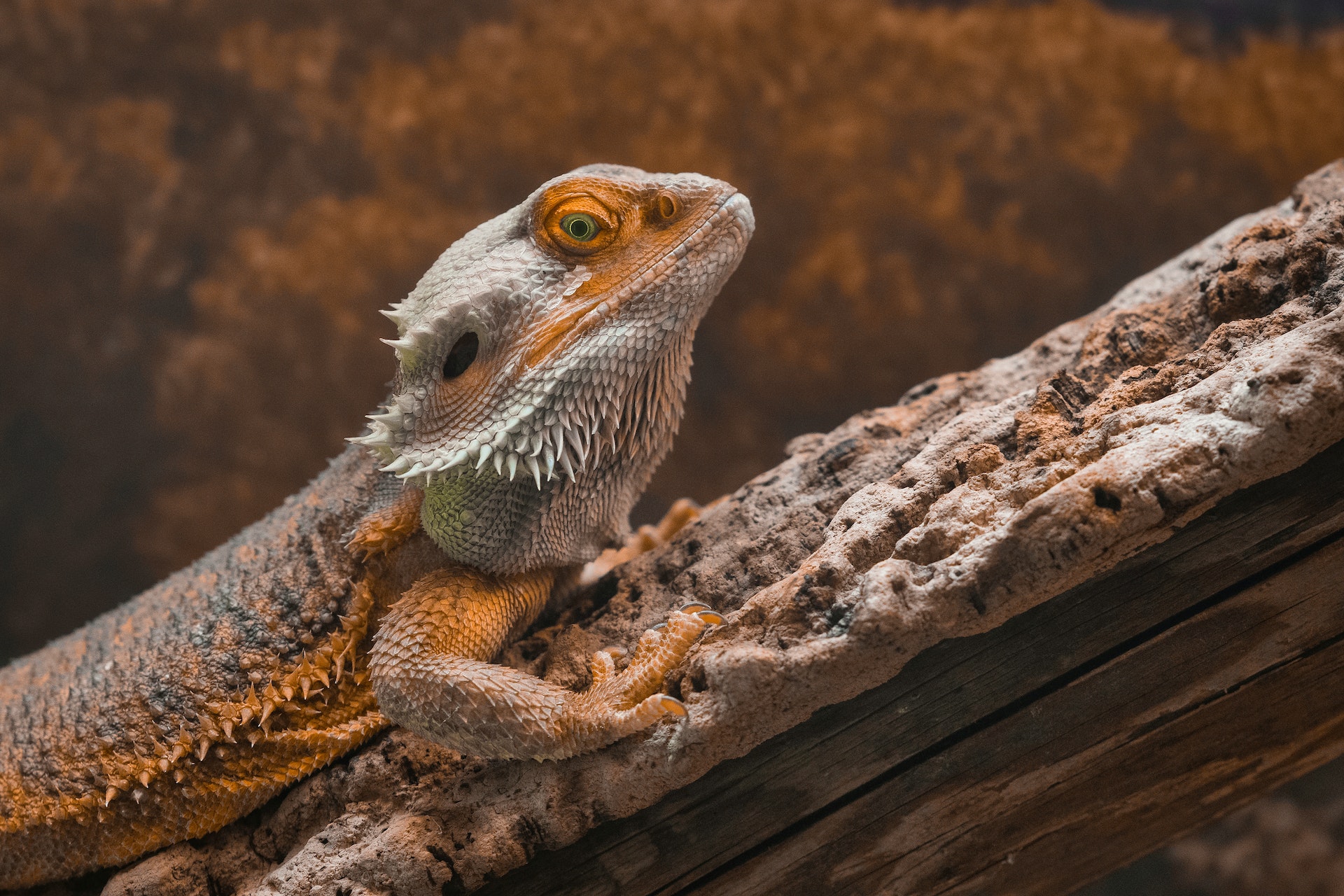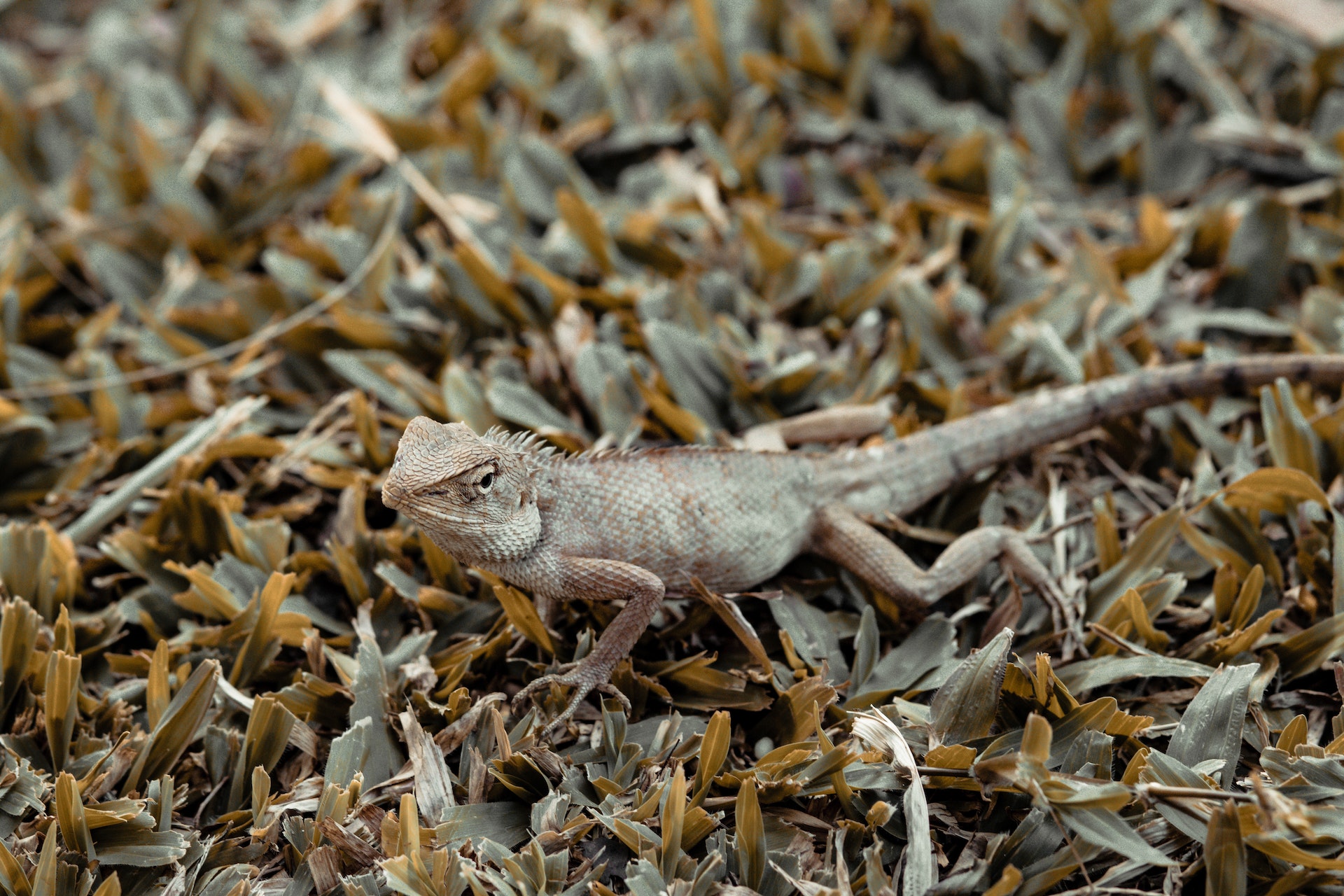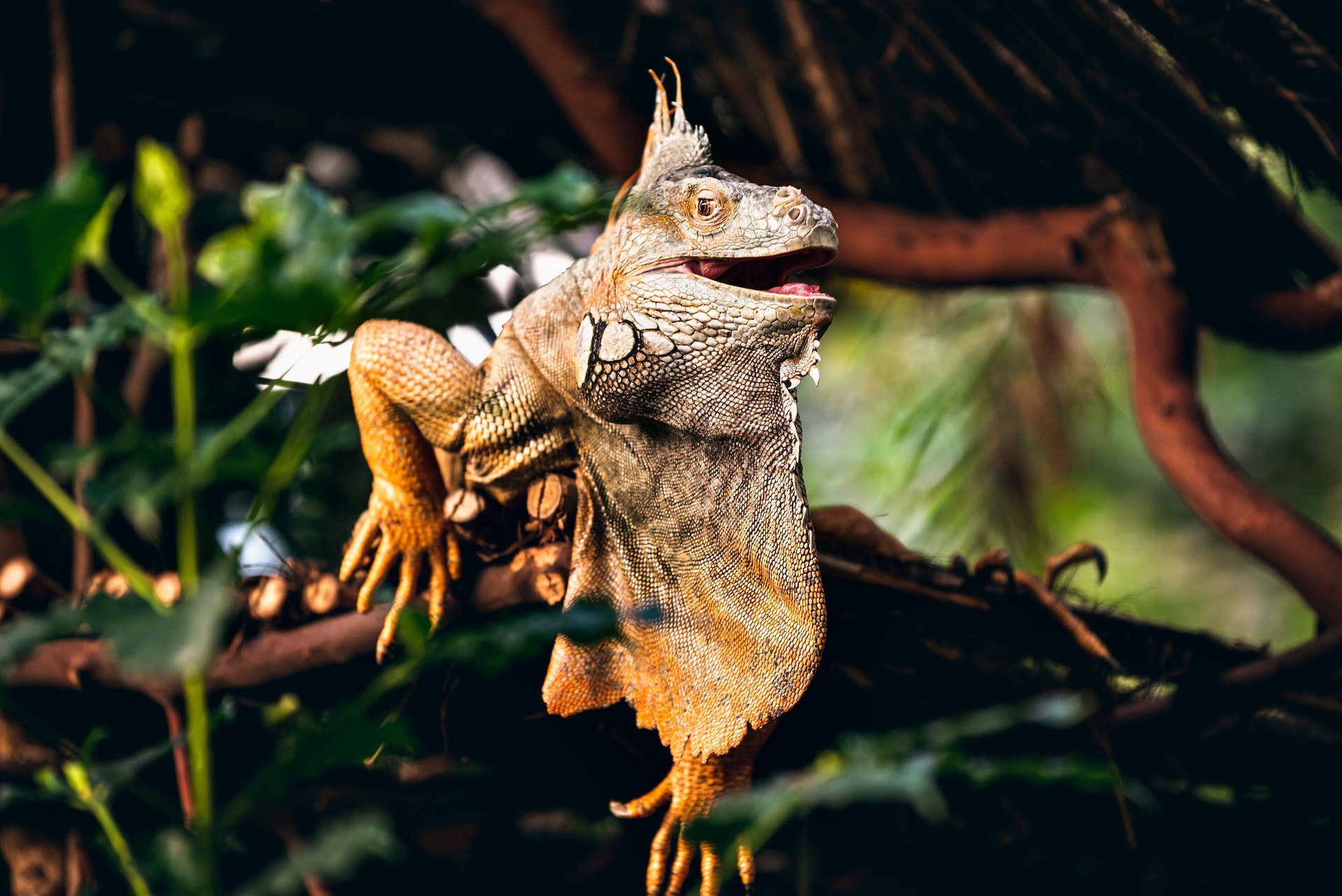As a bearded dragon owner, it’s important to understand the ins and outs of your pet’s health. From diet to habitat, there are many factors that contribute to your bearded dragon’s well-being. In this guide, we’ll explore everything you need to know to keep your pet happy and healthy and the ultimate guide to bearded dragon health.
You must read these posts once
Common Bearded Dragon Health Issues
Importance of Nutrition for bearded dragons
Bearded Dragon Preventative Care
How to Recognize and Treat Bearded Dragon Parasites
Points to remember for bearded dragon health
1. Proper Diet
One of the most important aspects of bearded dragon health is a proper diet. Bearded dragons are omnivorous and require a mix of plant matter and protein to thrive. A good rule of thumb is to feed your bearded dragon a mix of greens, vegetables, and insects. Some good options include collard greens, kale, carrots, squash, and crickets.
It’s important to avoid feeding your bearded dragon foods that are high in fat, such as mealworms and waxworms. These treats can lead to obesity and other health issues. Additionally, avoid feeding your bearded dragon wild-caught insects as they may have been exposed to pesticides or other harmful substances.
2. Habitat
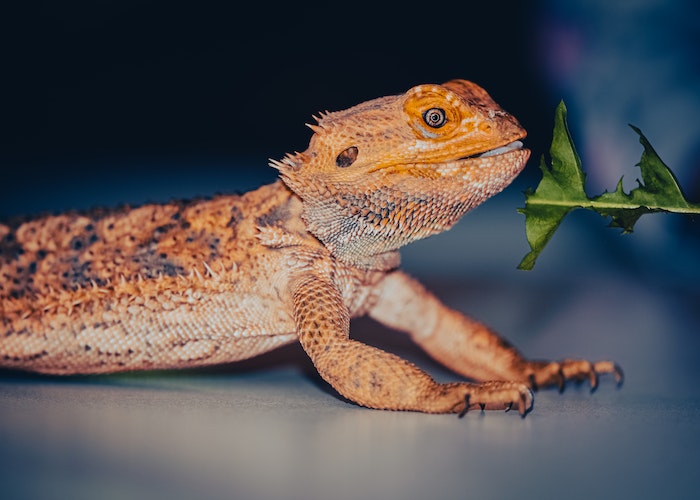
Another key factor in bearded dragon health is their habitat. Bearded dragons require a warm and spacious environment to thrive. Your pet’s enclosure should be at least 40 gallons and should be kept between 80-90 degrees Fahrenheit during the day and around 70 degrees Fahrenheit at night.
Your bearded dragon’s enclosure should also include a basking area with a heat lamp, a UVB light to help with calcium absorption, and plenty of hiding spots. It’s also important to keep the enclosure clean by regularly removing feces and replacing bedding.
3. Common Health Issues
Despite your best efforts, your bearded dragon may experience health issues from time to time. Some common health issues include:
Parasites: Bearded dragons can pick up parasites from contaminated food or water. Symptoms include diarrhea, lethargy, and lack of appetite.
Respiratory infections: Bearded dragons can develop respiratory infections if their enclosure is too cold or damp. Symptoms include wheezing, coughing, and difficulty breathing.
Metabolic bone disease: This occurs when bearded dragons don’t receive enough calcium in their diet. Symptoms include bowed legs and soft bones.
If you notice any of these symptoms, it’s important to take your bearded dragon to a veterinarian who specializes in reptile care.
4. Regular Veterinary Care
Routine veterinary care is crucial to ensure the long-term health of your bearded dragon. Find a reptile-savvy veterinarian who can perform regular check-ups and address any health concerns. Schedule annual wellness exams, during which the veterinarian will conduct a thorough physical examination, check for parasites, and offer guidance on diet, habitat, and overall care. Promptly seek veterinary attention if you notice any signs of illness, abnormal behavior, or changes in appetite or bowel movements.
5. Preventative Care
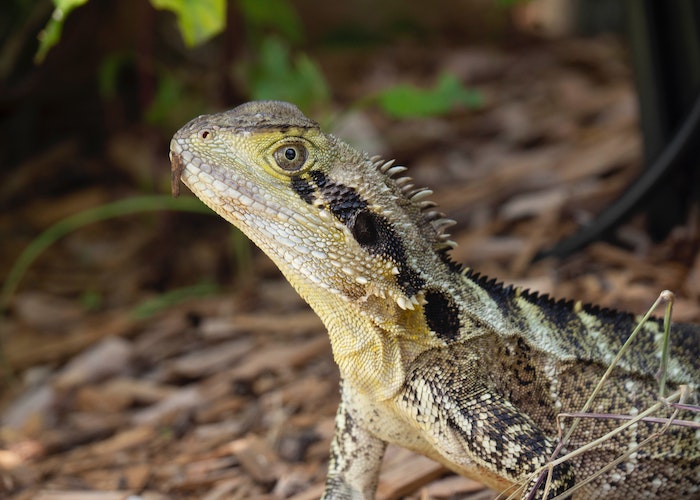
The best way to ensure your bearded dragon stays healthy is to practice preventative care. This includes regular check-ups with a reptile veterinarian, keeping their enclosure clean, and providing a balanced diet.
In addition, it’s important to monitor your bearded dragon’s behavior and look for any changes in appetite or activity level. By being proactive about your pet’s health, you can catch potential issues before they become more serious.
6. Hydration and Water
Bearded dragons require access to fresh, clean water at all times. Provide a shallow water dish that allows them to soak and drink as needed. While they don’t typically drink large amounts of water, regular soaking is crucial for hydration and maintaining healthy skin. Soaking also aids in digestion and can be beneficial during shedding periods.
7. Handling and Socialization
Handling your bearded dragon is not only enjoyable but also an opportunity for socialization. However, it’s essential to handle them with care and respect their boundaries. Start with short, gentle handling sessions, gradually increasing the duration as they become more comfortable. Be mindful of their body language, as stress or discomfort can manifest in changes in behavior or coloration. Never grab or squeeze them, as this can cause harm.
Conclusion
Keeping your bearded dragon healthy requires a combination of proper diet, habitat, and preventative care. By following the tips outlined in this guide, you can ensure your pet lives a happy and healthy life. If you have any concerns about your bearded dragon’s health, be sure to consult with a veterinarian who specializes in reptile care. Caring for the health of your bearded dragon is a rewarding responsibility. By providing an optimal habitat, maintaining proper temperatures and lighting, offering a balanced diet, ensuring hydration, and promoting socialization, you can give your scaly companion a fulfilling and healthy life. Regular veterinary care, coupled with your attentive observation, will help identify and address any health concerns promptly. With your dedication and this ultimate guide, your bearded dragon will thrive and bring you joy for years to come.
